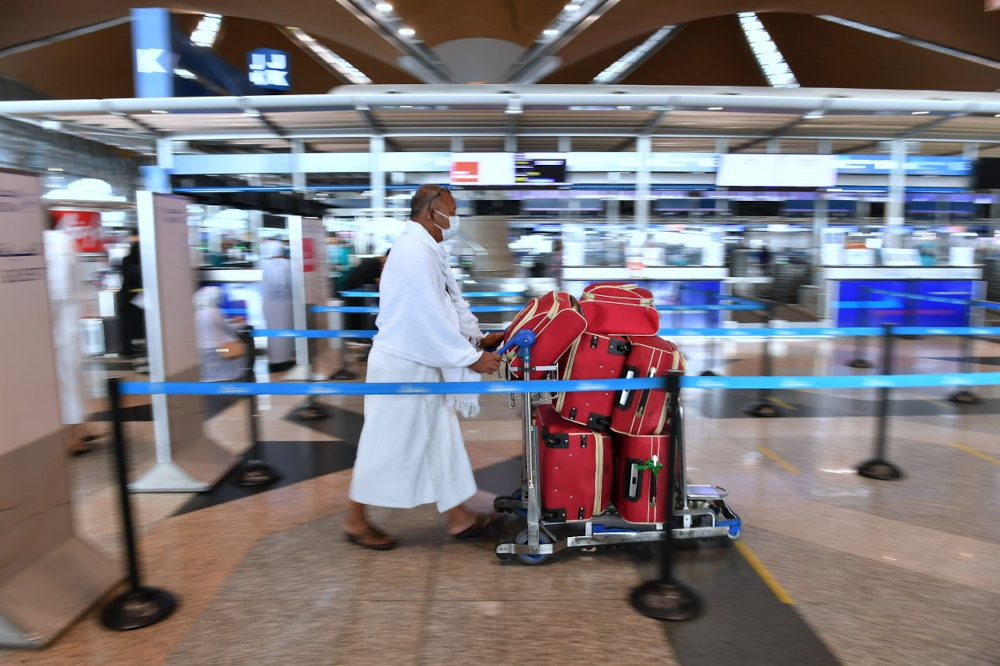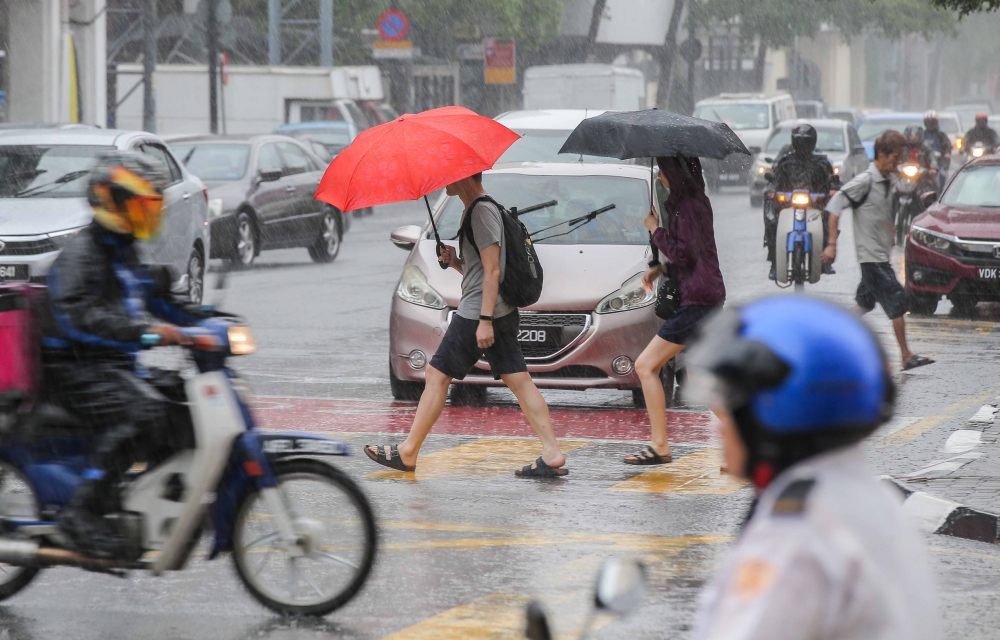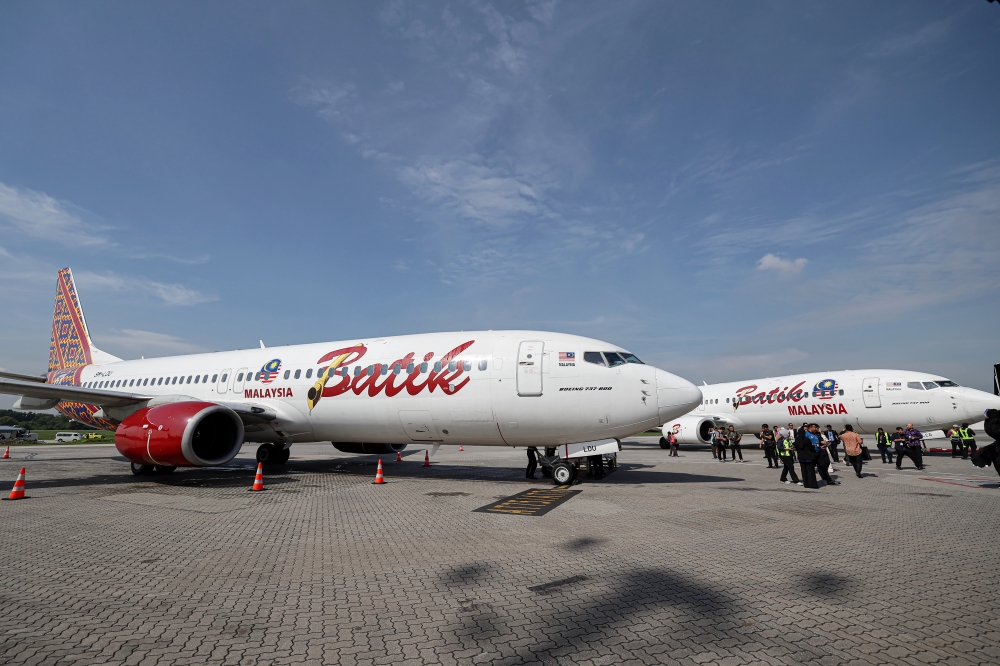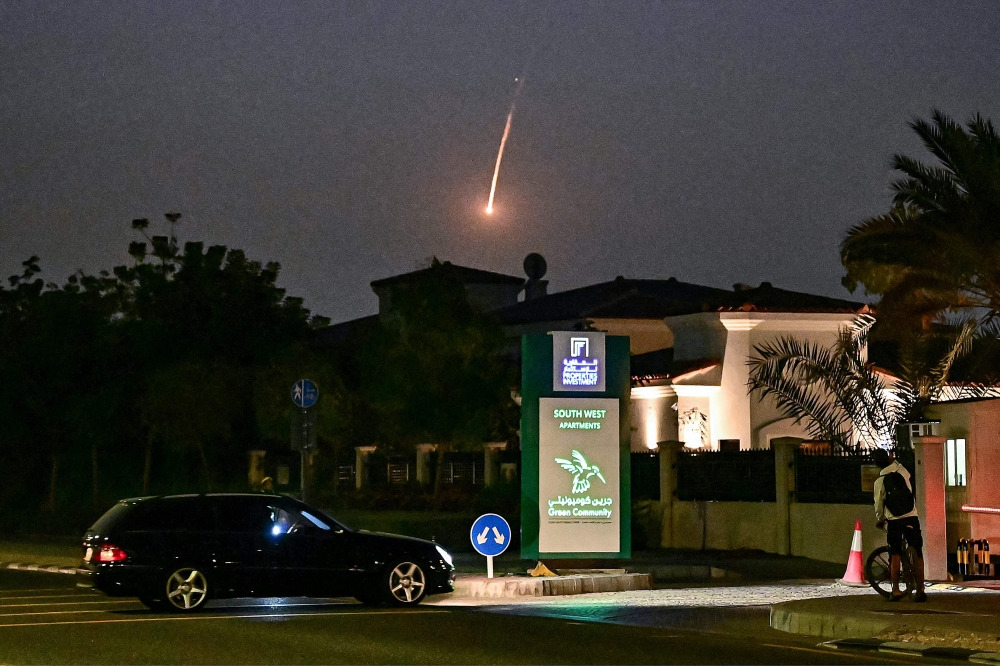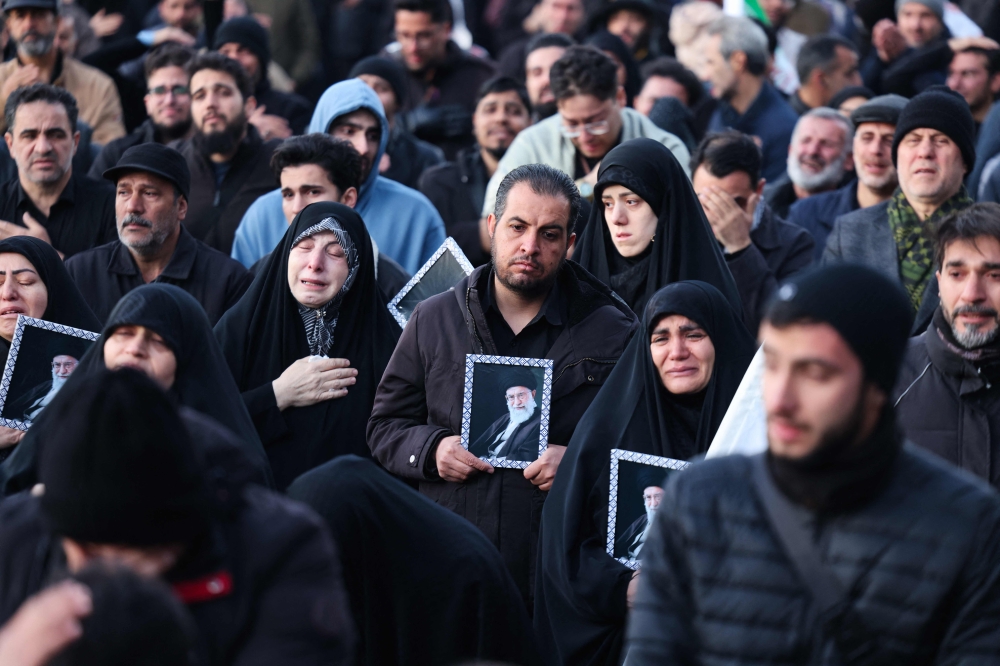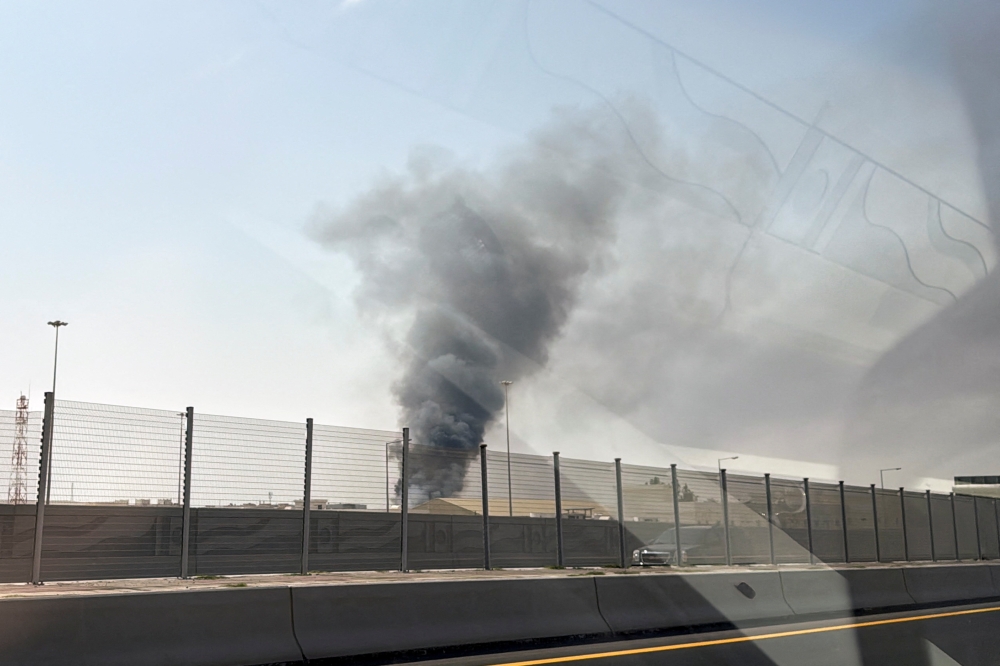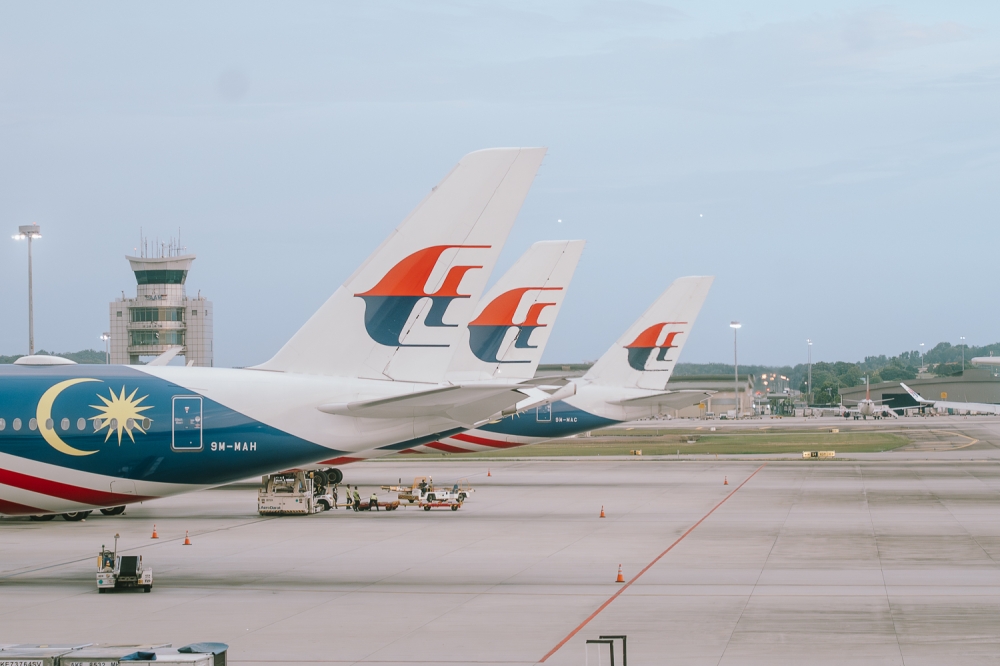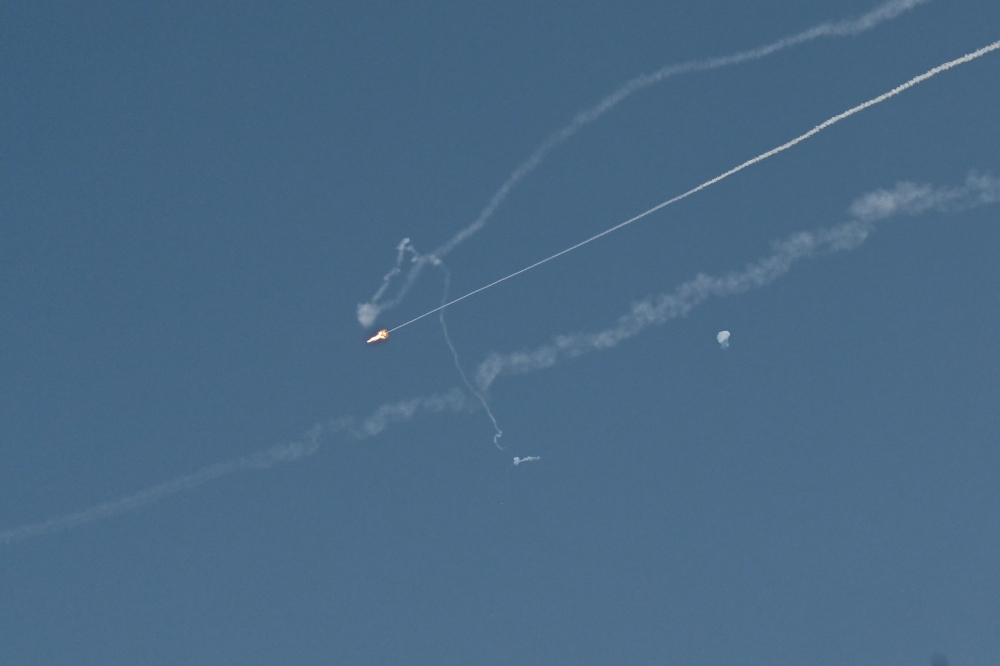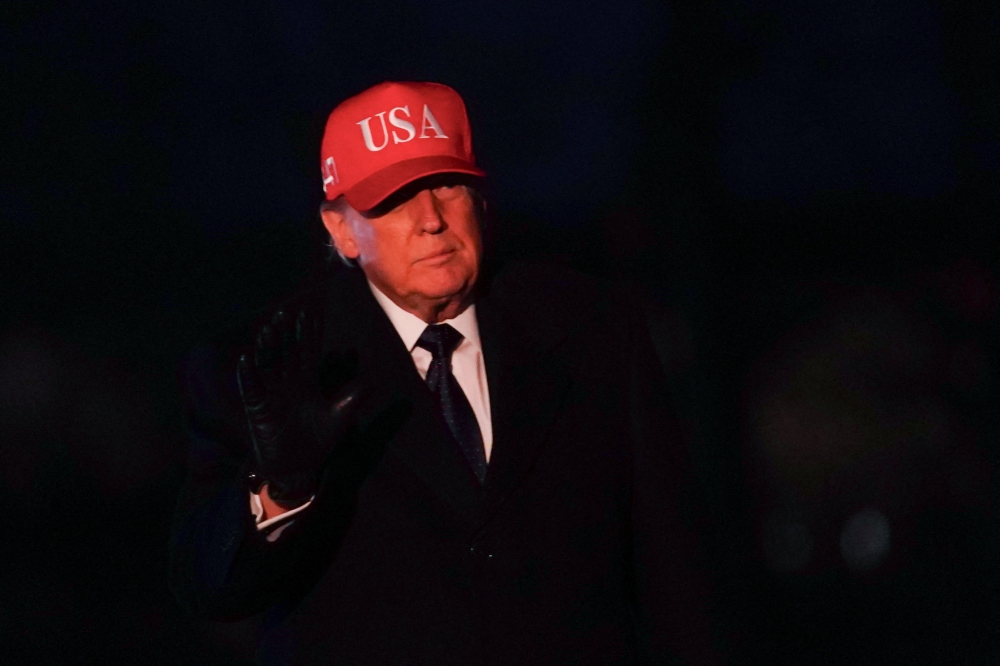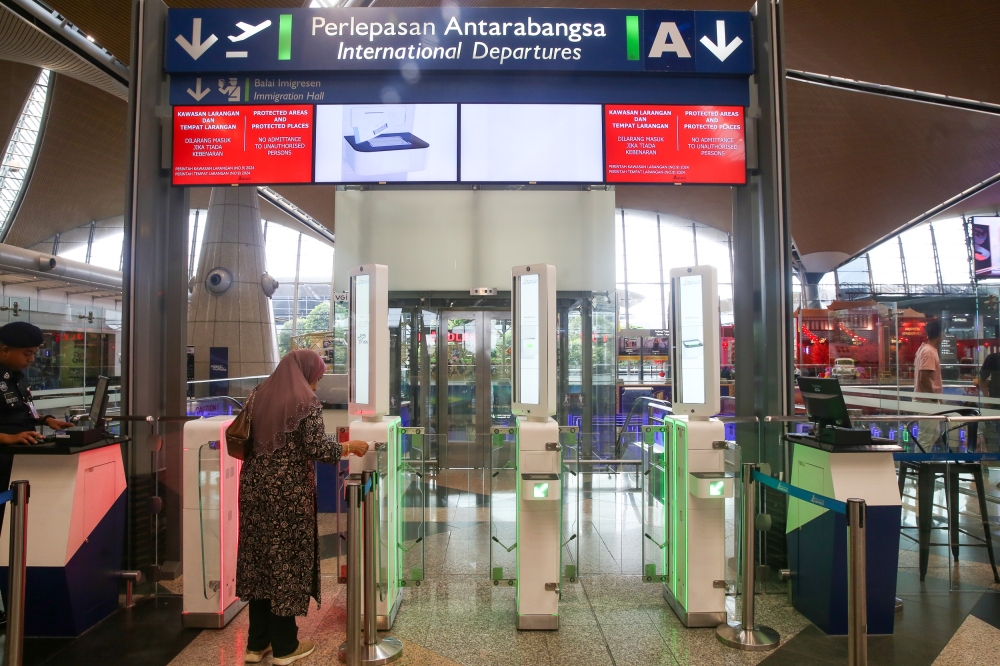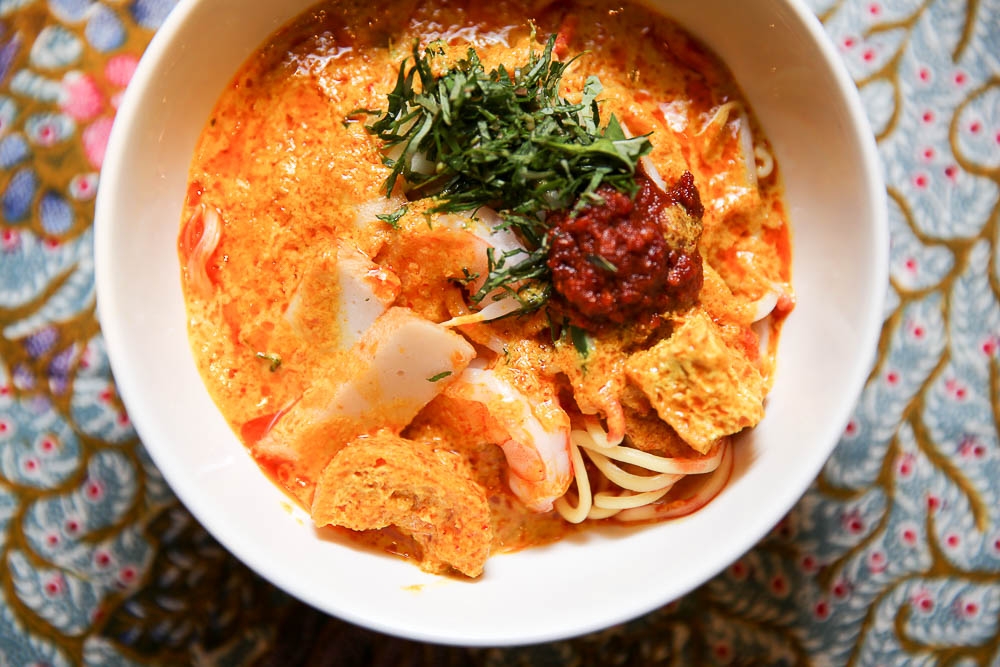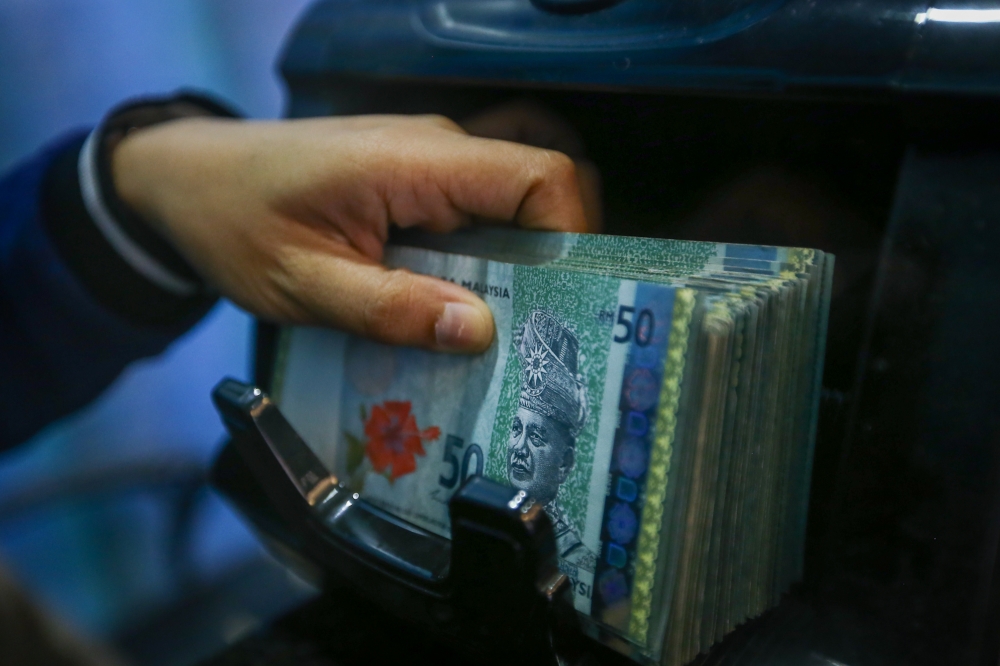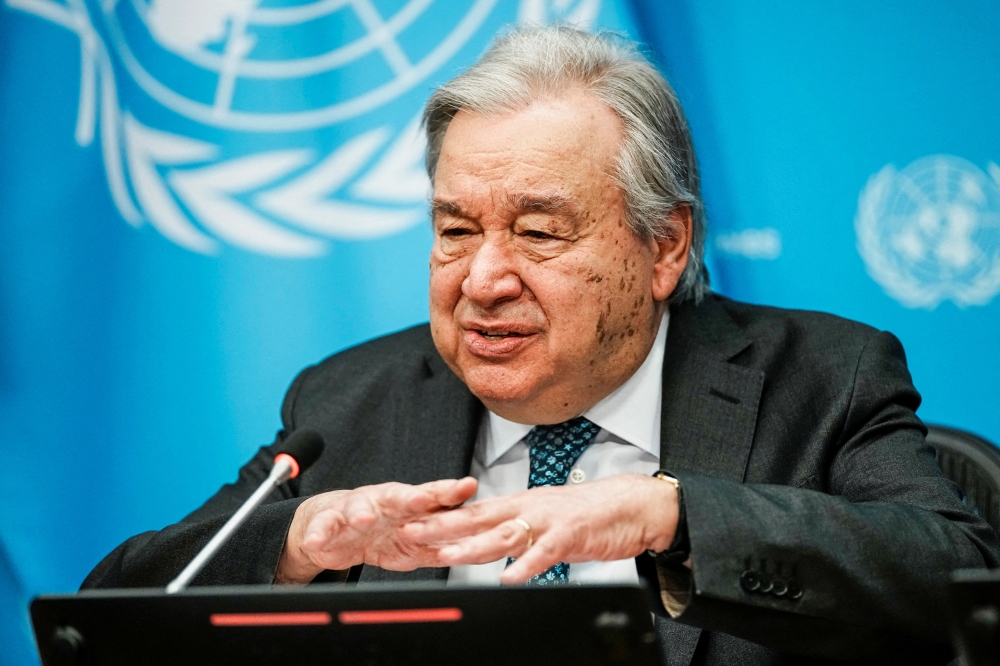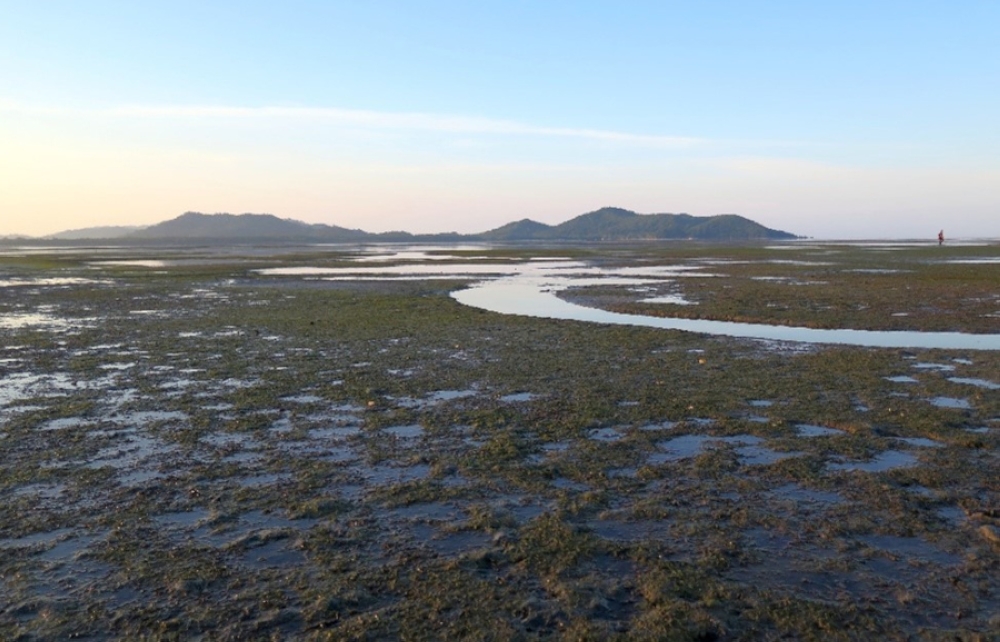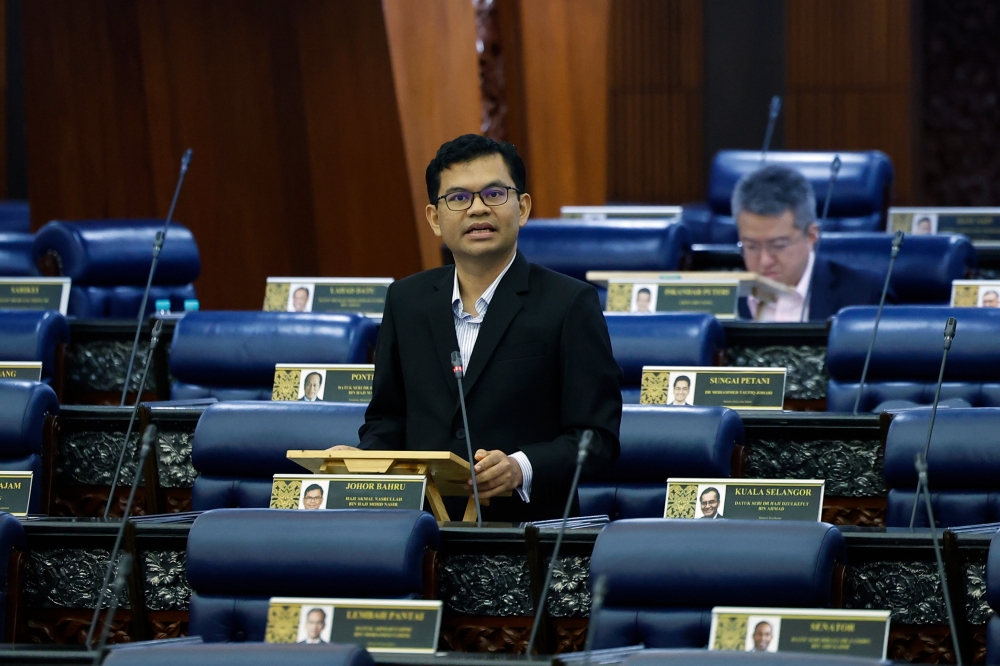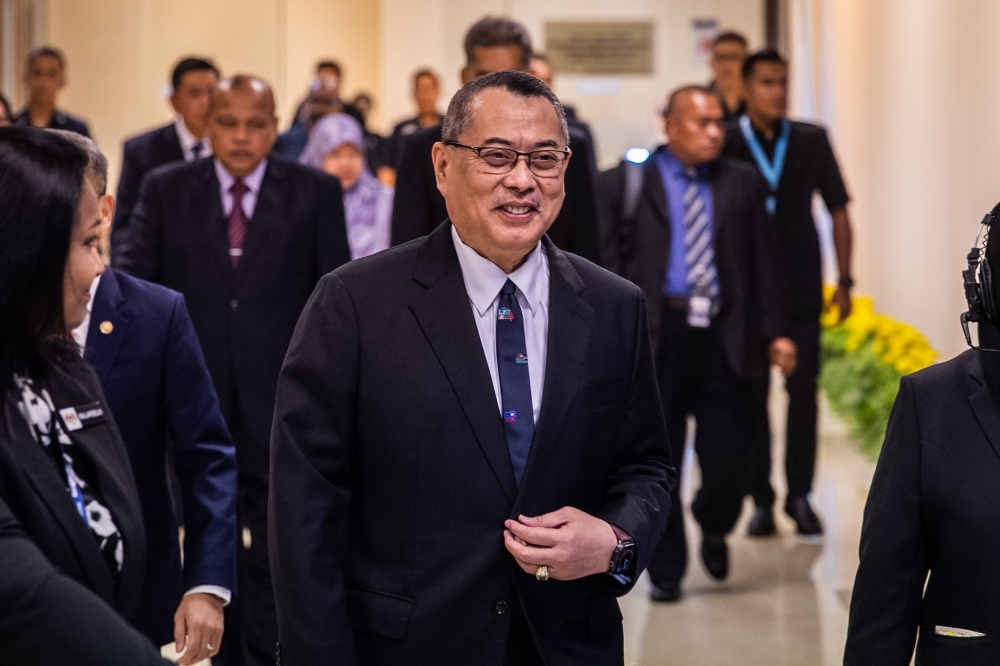DECEMBER 17 ― If the Kuala Lumpur Summit is a minimum or ad hoc version of the Organization of Islamic Conference (OIC), an event summoned immediately due to extra ordinary circumstances affecting the Muslim world, the organisers have unwittingly enhanced the “Muafakat National” of Umno of PAS.
These two entities have nothing to contribute to national and international issues except to prey on the religious and racial sentiments of the Malays and Muslims, by extension, the Islamic world.
Thus what is ostensibly a summit to augment the geopolilitical standing of Pakatan Harapan on “Islamic” issues have, ironically, and paradoxically, given “Muafakat Nasional” a second and third leash of life. Empowering the opposition is indeed a noble idea in a democracy. As all democracies do need an alternative challenger to serve as a check and balance. But “Muafakat Nasional” in Malaysia is wrongly guided to manipulate the views of Malays and Muslims. They don't need any “assist” if at all. If anything, they need an immediate “put down” intellectually.
With global Muslim leaders converging in Kuala Lumpur from December 17-18, such as President Recep Tayyip Erdogan, Vice President of Indonesian Amir Maaruf Amin, and Sheikh Amir Al Hamad Al Thamrin of Qatar, not excluding Prime Minister Imran Khan of Pakistan too, it seems like a strategic event too.
But if Kuala Lumpur Summit were to become an effective amplifier of all the issues of war, peace and Islamphobia that affect the Muslim world, more thoughts have to be given to ensure their agenda are not hijacked by wrong nationalist-religious groups. Thus there is a need to focus on tangible actions that can unite the Muslim world as an Alliance of Muslim Nations rather than mere public relation choreography.
Top Muslim and non Mulsim scholars such as Professor Cemil Aydin, with a PhD in Middle Eastern and Japanese Studies from Harvard University, who is now based at University of North Carolina, should be given a listen; as is Professor Ho Eng Seng, a world class expert on Yemini issues, who interestingly hails from Malaysia. The list could include Professor John Esposito at Georgetown University and Professor Fawaz Gerwez, at the London School of Economics as well, all of whom have devoted their academic lives to understanding the weaknesses of the Muslim world. Even Professor KS Jomo, a former member of the Council of Eminent Persons, who has written on Islamic revivalism in the 1980s before, should be kept in, rather than left out completely. A summit is as good as the “mind melt” that comes during and after the meeting, not the mere completion of the stand alone event; which makes it a one-off catharsis.
KL Summit, as this is written, also seems to ignore the lessons accumulated at the Alliance of Civilizations (AoC) at the United Nations. AoC was pioneered by Spain and Turkey between 2002-2015. A co-sponsor of KL Summit would have to be found in the future. Although one would hope that President Hassan Rouhani of Iran, would also revive the importance of the “Dialogue of Civilizations”, once pioneered by his predecessor President Ali Khameni too; which again can come under the Kuala Lumpur Summit. Indeed, the Muslim World, if KL Summit is supposed to be a microcosm of it, is commercially lacked the right depth to talk to each other bilaterally or multilaterally. If the high dialogue is confined to Malaysia, Indonesia, Qatar, Iran and Pakistan, to make the Muslim world more dynamic, all round trade must still be emphasised first to ensure high quality interaction.
Yet, none of the five countries above trade widely. And if Iran is brought into the picture, one is confronted with the international sanctions, with which it still faces — putting a kink into the whole process of the KL Summit. Indeed, as recent as a month ago, Prime Minister Tun Dr Mahathir Mohamed confesses that Iranians living in Malaysia are now pressured by external forces not to have the basic privilege of even having a credit card or bank account in the country. Such sanctions confront any Muslim or non Muslim countries that want to trade with Iran.
Can Kuala Lumpur Summit address such a complex issue across the Mulsim world? One would have to assume in the negative right now, as the list of attendants in the Kuala Lumpur Summit did not include anyone from United Arab Emirates or Saudi Arabia, let alone the Kingdom of Oman, especially representatives who can speak on behalf of Sultan Al Qaboos. The latter has done an excellent job of balancing the Sunni-Shia rivalry despite being caught in the middle of the Sunni-Shia quagmire.
Kuala Lumpur Summit seems to have included Rachid Al Ghanouchi, who believes in the concept of a “Muslim Democrat,” in the Ummah — not unlike the noticeable absentees Datuk Seri Anwar Ibrahim or Tan Sri Muyiddin Yassin of Malaysia. But the very inclusion of Rachid Ghanouchi of En Nahdah Party in Tunisia also clashes with President Mohammed El Sissi of Egypt.
Therefore, the key is not to stage the whole summit into a diplomatic theatric without further forethought in future. Otherwise, the whiplash effect can be another “Maruah Melayu,” which alienated non Muslims in Malaysia. The latter felt completely left out from the whole event if not insulted since a majority of Muslims had backed Pakatan Harapan to be in office.
As things are, the Kuala Lumpur Summit appears to be an event that seeks to strengthen the relationship of Malaysia, Indonesia, Qatar, Turkey, Pakistan and Iran, not excluding some central republics such as Turkemenistan, where Petronas wants to consolidate its commercial relationship in oil and gas exploration. But nothing more but talk and more talk will emerge if Kuala Lumpur Summit does not first acknowledge that trade between and within Muslim countries remain low.
This would then be a rehash of the problems of the Muslim world and the Organization of Islamic Cooperation (OIC) since 1967.
As of today, the entire Muslim world only contributes 5 per cent to the total Gross Domestic Product (GDP) of the whole world. If one removes oil and gas from the trade matrix, the numerical figure will go down to as low as less than 3 per cent.
Kuala Lumpur Summit may try to be the the Helsinki of Asia, as the late Tan Sri Nordin Sopiee at the Institute of Strategic and International Studies (ISIS) once called it, but it must be genuine, and not staged just for the sake of staging it. In sum, if Kuala Lumpur Summit can point to a direction to trade more and fight less, especially in fields and sectors that are not in the sunset industries, the event would have been a pivotal success.
One shall have to see how the organiser of the Kuala Lumpur Summit, which is the Malaysian government, avoid the trappings of previous failures. Not forgetting, even Helsinki itself has been eclipsed by the great power rivalry of Russia and The North Atlantic Treaty Organization (Nato).
One wonders if the organiser of the Kuala Lumpur Summit would in future understand, not merely the complexities of the Muslim world alone, but in relation to the non-Muslim community too.
At the very least, the Kuala Lumpur Summit must be able to talk about the problem of Uyghur Muslims in China, Rohingya refugees trapped in Cox's Bazaar in Bangladesh, and the growth of Hindu nationalistic fascism in India. It is a long list and a tall order. Kuala Lumpur Summit, as all summits dictate, must come up with real solutions not lofty rhetoric anymore. Perhaps, KL Summit may surprise all by coming out with resolutions that are pragmatic and workable solutions. You will never know. But as it stays now, it looks more like a gathering for an end of the year party amongst few selected friends!
* Rais Hussin is the President /CEO at EMIR Research, an independent think tank focused on strategic policy recommendations based on rigorous research.
** This is the personal opinion of the writer or publication and does not necessarily represent the views of Malay Mail.

